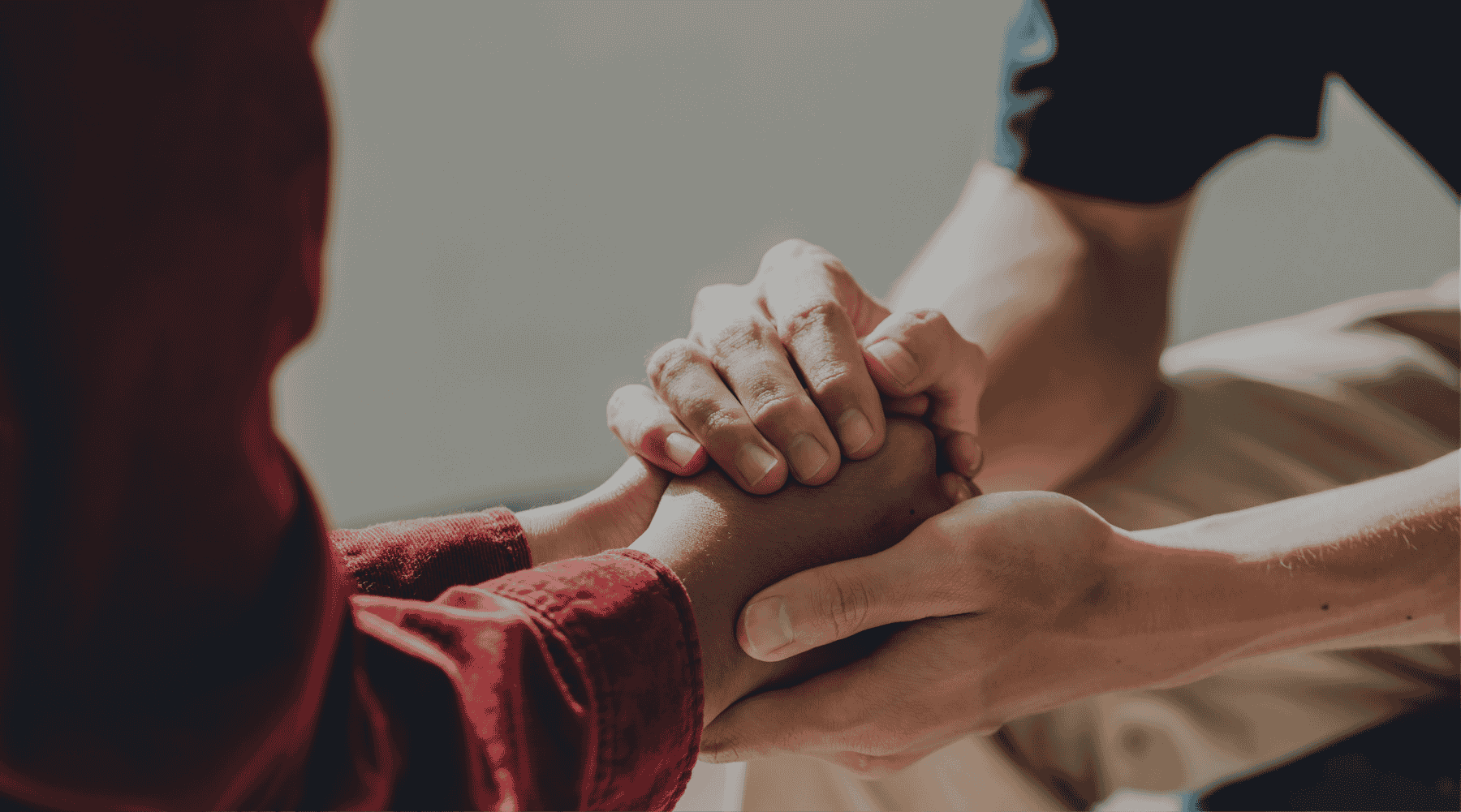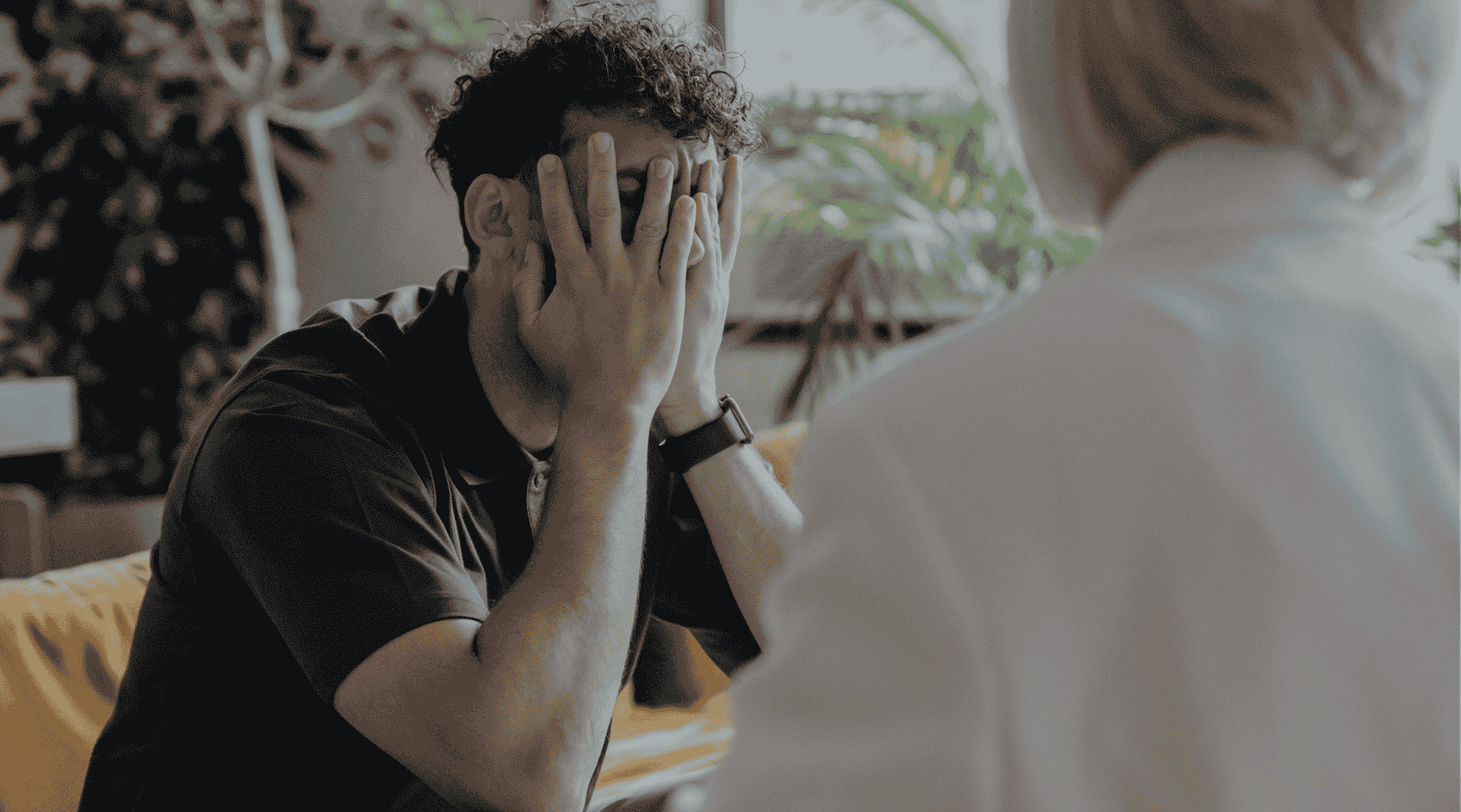By Rick Benson
Relapse is one of the most difficult hurdles to overcome in the journey to recovery from gambling addiction. I’ve personally faced these challenges in my recovery and have seen how difficult they can be for others as well. At Algamus, we understand how isolating and frustrating a relapse can feel, and our approach is to meet clients where they are, helping them regain hope and strength to move forward.
Gambling addiction, like other addictions, is a chronic condition. Relapse doesn’t mean failure—it’s often part of the recovery process. What matters most is recognizing it, learning from it, and taking steps to get back on track.
What Is the Relapse Rate for Gambling Addiction?
Studies suggest that relapse rates for gambling addiction are high, with estimates ranging from 50-75%. This rate can vary depending on the severity of the addiction, individual circumstances, and the level of support available during recovery. From my experience working with clients, gambling relapses often stem from unresolved emotional triggers, social pressures, or moments of overconfidence where the gambler believes they’ve regained control.
Understanding the relapse rate underscores the importance of continued support, therapy, and relapse prevention strategies. I’ve seen firsthand that consistent accountability - whether through counseling, group therapy, or ongoing check-ins - can make a significant difference in maintaining long-term recovery.
Coping with Gambling Relapse
A gambling addiction relapse is not a failure verdict. It does not mean that treatment has failed, nor does it reflect a lack of willpower from the recovering person. Though undesirable, relapses are a common part of recovery. However, they can be very overwhelming for the one who is recovering and their loved ones.
If you slip back into your old habit, it’s not the end of your recovery journey, but a sure sign that it’s time to re-evaluate and change your strategy. The main goal should be to stop gambling as soon as possible.
It's important to note that a relapse should not be confused with a slip. A slip, also known as a lapse, is a single unplanned gambling incident, when a person has a very brief “slip” where they gamble, but instantly regrets the decision and stops immediately. A relapse is a return to gambling after a period of sobriety. If you have experienced a slip or a relapse, don't despair.
Warning Signs of a Gambling Relapse
Relapse doesn’t happen overnight; it often starts with subtle warning signs. Some of the most common indicators I’ve seen in my work with clients include:
- Increased preoccupation with gambling (e.g., thinking about it more frequently).
- Avoiding accountability by skipping therapy sessions or support group meetings.
- Rationalizing past gambling behaviors or viewing gambling as a “manageable” activity.
- Changes in mood or behavior, such as irritability, secrecy, or withdrawing from loved ones.
- Testing limits, such as saying, "I'll only gamble a little" or "I’ll just watch."
For me personally, I remember how dangerous rationalization was during my own recovery journey. I would convince myself that a small bet wasn’t harmful, only to find myself falling back into old patterns. It’s why I emphasize recognizing these red flags early.
At Algamus, we work with clients to identify their unique triggers and warning signs, so they feel equipped to respond proactively.

How to Help a Gambler Who Relapsed
Supporting someone who has relapsed requires patience, understanding, and a clear plan for getting them back on track. From my experience, both as someone in recovery and as a professional in this field, here’s what I’ve seen work best:
1. Approach with empathy, not judgment.
Relapses are often fueled by shame, and confronting someone aggressively can push them further into isolation. Instead, express your concern in a supportive manner.
For example, I’ve had clients tell me how much it helped when family members simply said, “I’m here for you. Let’s figure out the next steps together.”
2. Encourage them to seek help immediately.
Whether it’s returning to therapy, attending a Gamblers Anonymous meeting, or reaching out to a trusted counselor, prompt action is key.
3. Help them refocus on their goals.
A relapse doesn’t erase the progress they’ve made. Remind them of how far they’ve come and the reasons they sought recovery in the first place.
4. Address underlying triggers.
Relapse often points to unresolved emotional or situational triggers. At Algamus, we guide clients in exploring what led to their relapse and equip them with tools to handle similar situations in the future.
I’ve seen clients thrive after they learn to navigate their triggers, whether it’s stress, boredom, or financial pressures.
How to Stay On Track After Experiencing Gambling Addiction Relapse:
Acknowledge Your Relapse Triggers
If relapse occurs, focus on identifying high-risk triggers that may have caused the relapse. A relapse is often prompted by some form of environmental, emotional, or physical stimuli that will tempt you to gamble. Common gambling triggers include:
- Boredom
- The compulsive need to win
- Availability or lack of funds
- Desire for distraction
- Depression or anxiety
- Loneliness
It is important to recognize and accept that gambling relapse triggers will never entirely disappear. You can protect your recovery journey by recognizing, avoiding, or coping with every possible circumstance, thought, emotion, or person that might trigger your urge to gamble again.
Procrastinate Gambling
Procrastination is a good way of breaking a gambling problem. Delay the urge for instant gratification and give yourself an interval of an hour before making the decision. Often the waiting kills off the desire to gamble, it gets weaker enough for you to resist it or it will completely vanish, the longer you delay.
Invest in a New Hobby
Boredom is often the leading catalyst for increased gambling desires among gamblers. Redirect your focus and find new activities to keep yourself busy and distracted. Exploring new interests will add renewed enthusiasm to your life and help keep your mind off gambling.
Master Coping Mechanisms
When you have identified your relapse triggers, explore and find ways to overcome and cope with the gambling urges. Define your coping mechanisms and practice regularly. Believe in yourself and know that you can do it.
Get Support
A strong support system is essential when dealing with a relapse. Don’t isolate yourself. Instead, reach out to a trusted friend or be part of a support group meeting, especially when you're feeling the urge to gamble.
Moving Forward After a Gambling Relapse
If you or a loved one has experienced a gambling relapse, remember that recovery is still within reach. Through our residential treatment program, we’ve helped countless individuals reclaim their lives, even after setbacks. As someone who has walked this path, I can confidently say that every step forward matters, no matter how small it seems.
Relapse is not the end of the journey - it’s an opportunity to strengthen your resolve and deepen your commitment to a gambling-free life. Together, we can help you overcome this hurdle and continue toward long-term recovery.
If you’re ready to take the next step, we’re here to support you every step of the way. Contact us today for compassionate, expert guidance.



